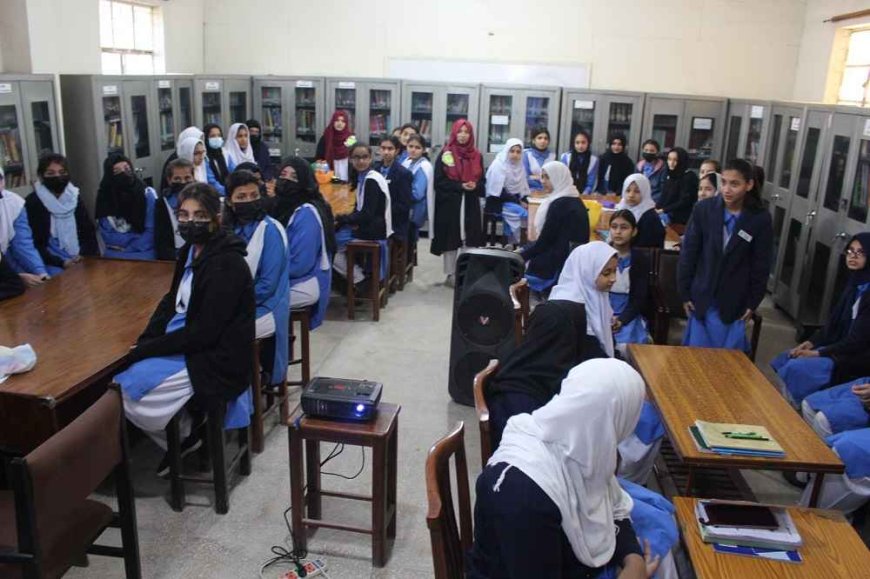The Evolving Value of College Education in the Modern World
In recent years, the question of whether college education is losing its value has become a subject of intense debate.

In recent years, the question of whether college education is losing its value has become a subject of intense debate. Traditionally seen as the gateway to success, the rising costs of tuition, the emergence of alternative learning options, and the changing job market have all contributed to challenging the once unshakable belief in the significance of a college degree. In this article, we will explore the multifaceted factors influencing the perceived value of college education in the modern world and discuss how higher education is adapting to remain relevant in a rapidly evolving landscape.
The Cost Conundrum
One of the primary concerns facing prospective students and their families is the escalating cost of higher education. College tuition and fees have consistently outpaced inflation, placing an increasing financial burden on students. This soaring cost has raised doubts about the return on investment (ROI) of a college degree. Many graduates find themselves burdened with significant student loan debt while struggling to secure well-paying jobs, leading to a perception that college education is no longer worth the financial sacrifice.
Shifting Job Market Demands
The job market has undergone a transformation over the past few decades, with technological advancements and automation redefining the skills required by employers. In some fields, a college degree remains crucial for securing entry-level positions and career advancement. However, there is a growing emphasis on acquiring specialized skills, hands-on experience, and digital literacy, which are not always provided comprehensively in traditional college settings.
Alternative Learning Options
The digital age has democratized access to information and education, giving rise to various alternative learning paths. Online courses, coding boot camps, vocational training, and certifications offer viable alternatives to college degrees, particularly for individuals seeking rapid skill acquisition without the burden of a four-year commitment. As these alternatives gain recognition and acceptance in the job market, the value of a traditional college education may appear to diminish for certain industries and professions.
Evolving Pedagogy
Another factor influencing the perceived value of college education lies in the evolving pedagogy within institutions. Many critics argue that the current higher education system fails to adequately prepare students for the real-world challenges they will encounter in their careers. The call for a more practical, experiential learning approach, which focuses on problem-solving, critical thinking, and collaboration, has become more pronounced. Some colleges are responding to this demand by introducing innovative programs, internships, and partnerships with industries to bridge the gap between theory and practice.
Inclusivity and Social Mobility
Historically, a college degree has been associated with increased social mobility and access to better job opportunities. However, concerns have arisen about the lack of diversity and inclusivity within higher education institutions. Students from marginalized backgrounds often face systemic barriers in pursuing higher education, affecting their access to valuable resources and opportunities. To ensure college education retains its value, efforts to promote inclusivity and provide equal opportunities to all students must be prioritized.
The Role of Soft Skills
As automation continues to transform industries, employers are recognizing the importance of soft skills, such as emotional intelligence, adaptability, and creativity. While colleges often focus on imparting technical knowledge, the cultivation of these essential interpersonal skills may be overlooked. Graduates with a well-rounded skill set that encompasses both technical expertise and soft skills are likely to be more valuable in the job market, regardless of their educational background.
Lifelong Learning and Continuous Upskilling
The concept of lifelong learning is gaining momentum as technology and industries evolve rapidly. To stay relevant in their careers, individuals must embrace continuous upskilling and adaptability. While a college degree can provide a strong foundation, it is not a one-time guarantee of success. The willingness to learn and adapt over the course of one's career is becoming increasingly valuable in a world where knowledge becomes outdated quickly.
The value of college education is undoubtedly undergoing significant changes in the face of an ever-evolving world. The rising costs, alternative learning options, changing job market demands, and evolving pedagogy all contribute to the perception that a college degree might not hold the same level of value it once did. However, it is essential to recognize that the worth of higher education is far from obsolete.
College education still offers numerous advantages, including critical thinking skills, a broadened worldview, and the opportunity to develop lasting relationships. Moreover, degrees in certain fields, such as medicine, law, and engineering, remain indispensable for professional licensing and specialized knowledge.
To remain relevant, colleges must adapt their curricula, embrace technology, and foster an inclusive learning environment. Graduates should supplement their academic achievements with soft skills and continuously upskill to meet the demands of a rapidly changing job market. Ultimately, the value of college education lies not only in the degree itself but in the ability of individuals to leverage their education to pursue lifelong learning, personal growth, and professional success.
